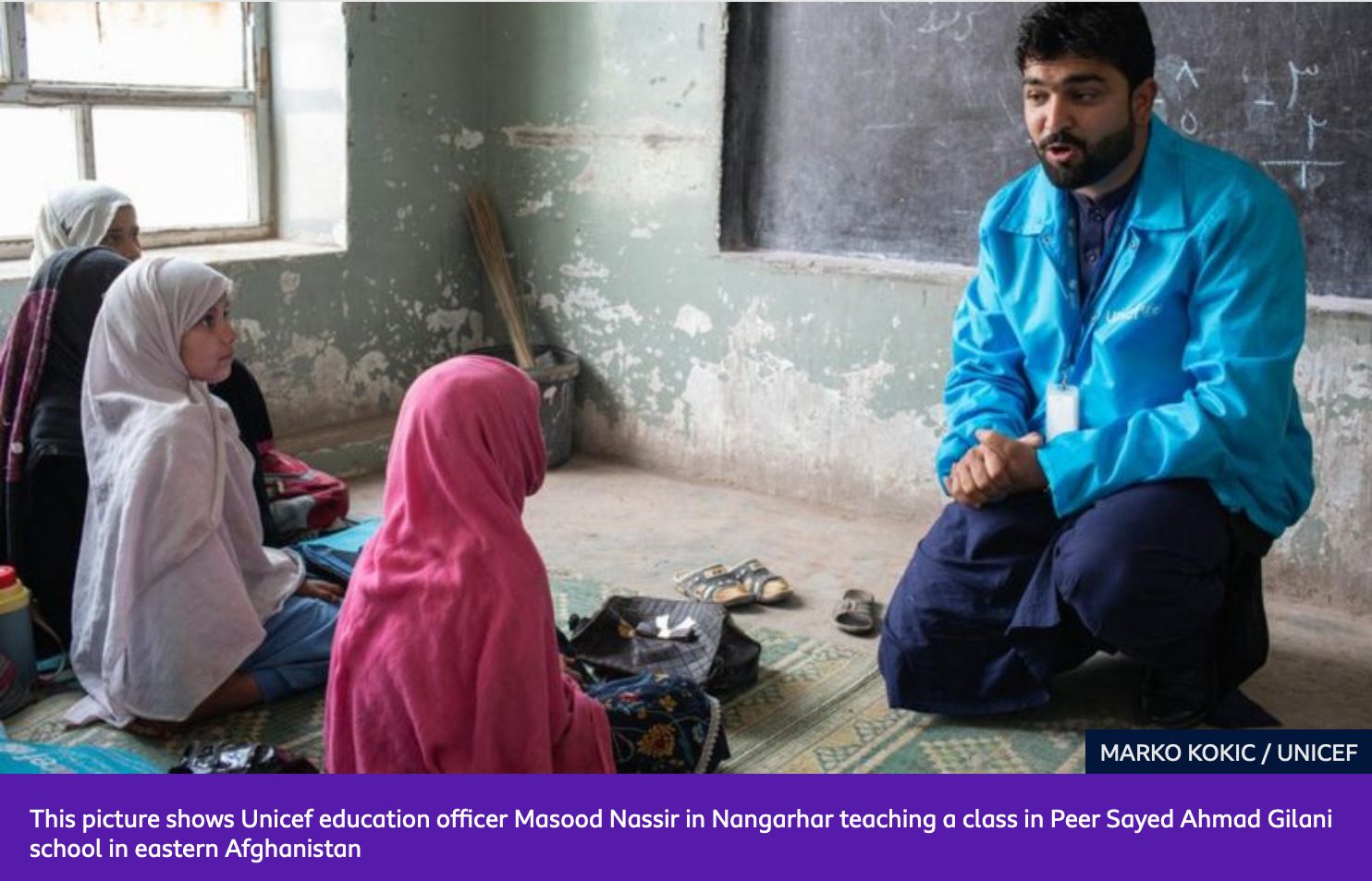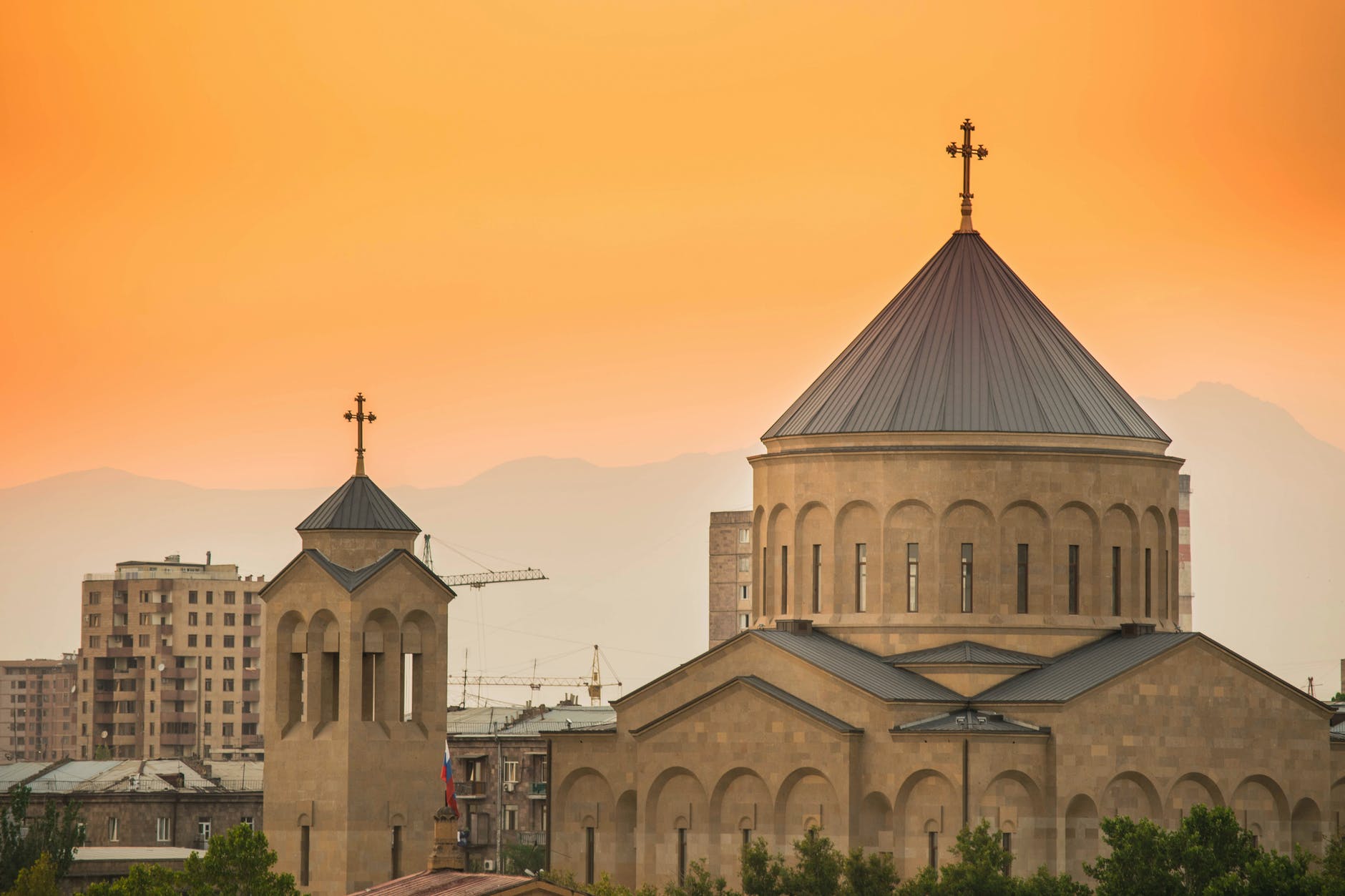Vatican News
Cardinal-elect Kambanda, in an interview with Vatican News, said the news came as a great surprise to him.
How did you receive the news, and what was your reaction?
It was a big surprise for me, which I did not expect. I was living my usual everyday activities when someone called me with the news. I did not believe it at first. It is a surprise for me. I thank the Lord, for He is the author of history: History in general or personal history. I never ever dreamt of being a Cardinal. It was the Lord who wanted it. I love the Lord, and I consecrated my life to work for Him. Being a Cardinal gives me the opportunity to do even much more for the Lord. I am incredibly grateful to the Holy Father for entrusting me with this responsibility. I love the Church; I enjoy working for the Church, and this will also give me the opportunity to do much more for it.
Your country, Rwanda, went through a difficult period of the Genocide. Today, this country continues to reflect on the wounds of the past and continues to live reconciliation. What challenges do you foresee. as a future Cardinal, chosen at a time when the Pope has just published his encyclical, “Fratelli tutti.” How do you see yourself living this reality in this your new responsibility?
We have been on a 26-year journey after the Genocide. And we have worked hard for reconciliation. It was terrible to see a Catholic and Christian community divided and killing each other during the Genocide. We thank the Lord for the journey we have taken so far. At this time, however, we have reached a level of reconciliation and unity and Pope’s encyclical “Fratelli tutti” has been warmly welcomed in Rwanda. We will continue to meditate and deepen our reflection. The encyclical will reinforce and facilitate our pastoral work of reconciliation. And now yes, I have been given a new challenge in the role of evangelization within the universal Church. I will try to witness to the best of my abilities and make my contribution and share solidarity with others who are also suffering violent conflicts and divisions in the communities.
On 7 May 2013, you were appointed Bishop of the Diocese of Kibungo and then on 19 November 2018, Pope Francis appointed you as the Archbishop of Kigali. Today you have been appointed Cardinal in the universal Church. How do you feel about this sign of great confidence that the Church has bestowed in you?
I thank the Lord for his grace which is at works in his Church all the time –a Church which today faces several challenges. Therefore, we must work hard to share and make the message of Salvation better understood. It is both joy, a great burden, and a challenge.
Are you the first to be appointed Cardinal in your country?
Yes. In the history of Rwanda, I am the first to be appointed Cardinal. In the region of the Association of Episcopal Conferences of the Region of Central Africa (Conférence Episcopal Centrafricaine) which comprises Rwanda, DRC, and Burundi, we have two Cardinals in the DRC. Now it is a great joy for the Great Lakes Region to have one more.
What message do you have for your compatriots in Rwanda, on this joyous occasion of your appointment as the country’s first-ever Cardinal. Also, for the Great Lakes Region, still in need of reconciliation?
I am very grateful to my fellow Bishops in Rwanda and in the region for their collaboration, solidarity, and the work we do. If the Pope made me a Cardinal, it is also thanks to the faith, work, and pastoral care of the entire community. I assure (my compatriots and those in the region) of my collaboration and solidarity, especially for peace and reconciliation, in this region. We live in times of tension, now mixed with the Covid-19 pandemic. As pastors, we need to guide people towards peace, brotherhood, and sisterhood. In this context, the encyclical “Fratelli tutti” will enlighten us and will help us a lot in our pastoral work for reconciliation and fraternity.














